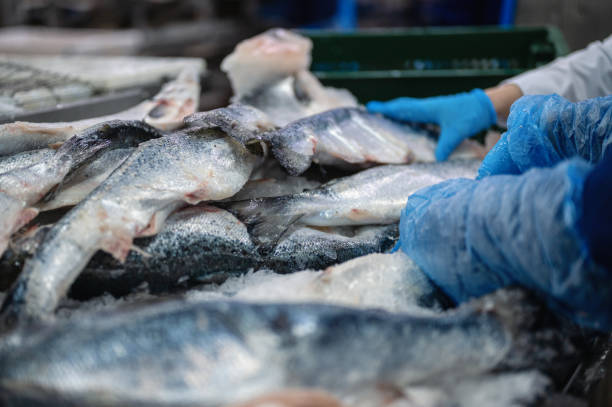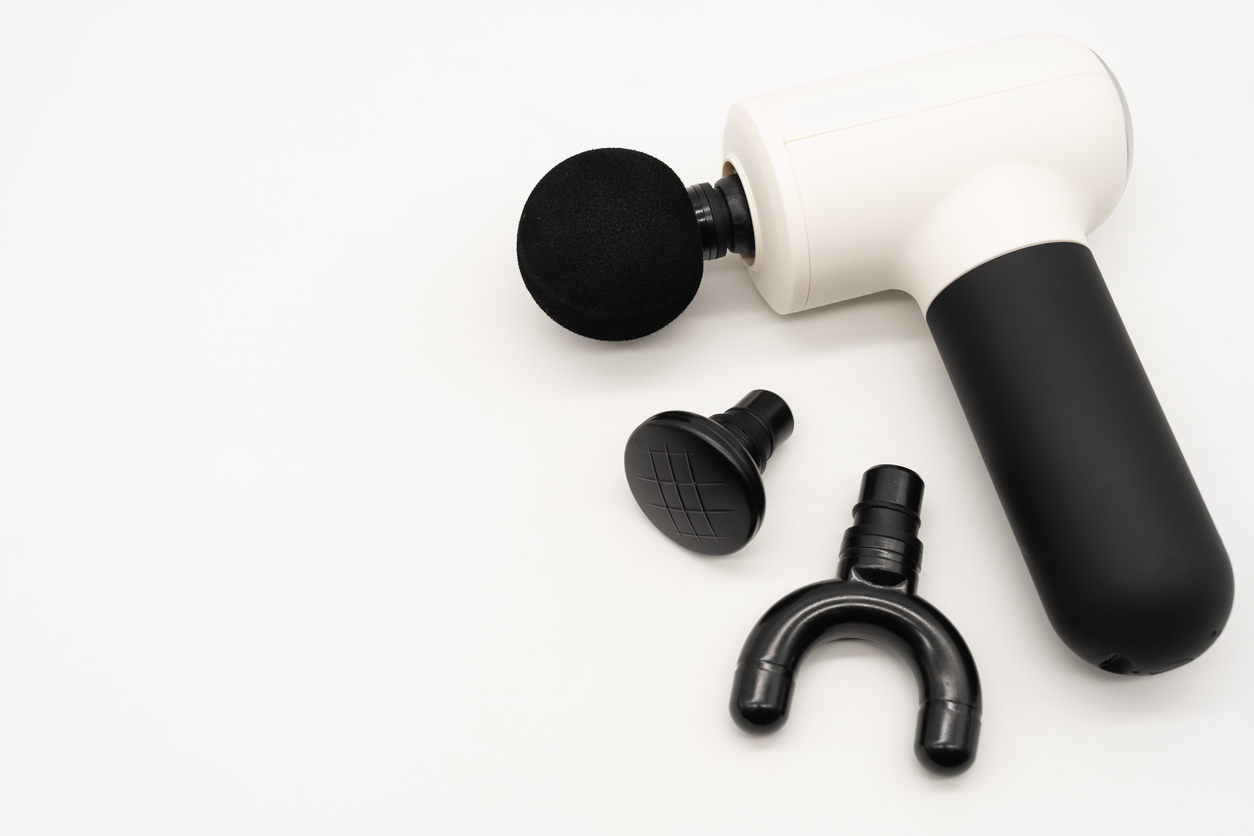Tips on How to Buy Processed Fish from Kenya
Tips on How to Buy Processed Fish from Kenya
The demand for fish has been rising over the last decade. Consumers now understand that eating fish is good for their health and that process foods are better than raw or cooked fish. Processed fish is a catch-all category that includes any fish that has been deboned, skinned, filleted, or otherwise altered to make it more convenient or palatable. Processed fish can also be salt-cured, smoked, frozen, dehydrated, or cut into smaller pieces to make it more appetizing and convenient to eat as snacks. Processed seafood is almost always cheaper than unprocessed seafood because it requires less handling and storage space. In some cases, it’s even healthier; many people struggle with getting enough Omega-3 fatty acids in their diet but can get them easily from salmon jerky or tuna salad.
How to Choose the Right Processed Fish
First, you need to identify the type of fish you like. All fish are not created equal, and thus, you want to look for one that is healthy and has the least amount of toxins. There are many types of fish, but these are the most common ones that you will find in the store: Salmon: Salmon is a fatty fish, which means it contains a lot of Omega-3 fatty acids, which are good for the heart. It is also low in mercury, so is a good choice for pregnant women. Tuna: Most tuna is canned in water, which means it’s good for you and you don’t have to worry about the fat from the can affecting your health. Tuna is good for the heart, and pregnant women should eat tuna two times a week. Pollack: Pollack is good for pregnant women and children because it is low in mercury. It’s not as flavorful as salmon or tuna, so it’s best eaten in casseroles or soups. Mackerel: Mackerel is a fatty fish that is good for the heart. It may have a stronger taste than other fish, but is still good to eat. It is good for pregnant women, but they should only eat it once a week because it is high in mercury. Herring: Herring is a fatty fish, so it’s good for the heart, but pregnant women should eat this fish only once a week because it is high in mercury. It has a strong taste, so it’s best served on crackers or with other strong flavors. Canned fish: Canned fish is good to eat, but pregnant women should only eat it once a week because it is high in mercury.
Smoked Salmon
Smoked salmon is made from fresh salmon that has been cured with salt and other flavorings, such as wood ash and peat, to preserve the fish. It can be eaten as a protein-rich snack, served with crackers, or chopped and added to salads, sandwiches, or scrambled eggs. You can find smoked salmon in the refrigerated section of your local supermarket. It is also widely available online. Smoked salmon is great for people who want to get the health benefits of salmon but are short on time. The amount of time it takes to cook salmon fillets versus smoked salmon is very different, with the smoked salmon only taking a few minutes to make. Smoked salmon is high in protein and omega-3 fatty acids, which help the cardiovascular system, reduce blood pressure, and prevent heart disease. Smoked salmon also contains B vitamins, selenium, and vitamin E, which help prevent Alzheimer’s and dementia, and vitamin D, which is used by the body to build stronger bones.
Canned Tuna
Canned tuna is one of the most popular processed fish worldwide. Its popularity has led to many variations in the canning process. There is solid, chunk, and flake tuna in water, oil, soybean oil (the least healthy), and vegetable broth. The best type of tuna to buy is the canned tuna in water; this is the least processed and has the least amount of sodium. Canned tuna is also a great source of protein, omega-3 fatty acids, B vitamins, selenium, and vitamin E. Canned tuna is great for making tuna salad sandwiches or can be mixed with mayonnaise and served with crackers and celery. It is also a good source of iron, which pregnant women need during the last few months of their pregnancy. Canned tuna has a high mercury content, though, so pregnant women should eat no more than 6 ounces a week. Anyone who eats canned tuna should also be sure to eat plenty of fruits and vegetables, which help to remove some of the mercury from the body.
Canned Mackerel
Mackerel is a fish that is usually eaten fresh, but it can also be canned. Canned mackerel is a good source of protein, vitamin B, and selenium, and it has less mercury than other types of canned fish. It can be eaten as is or used in salads, sandwiches, or casseroles. If you buy canned mackerel, make sure it is in water and not oil, as eating too much oil can increase cholesterol levels in the body. Canned mackerel is a good source of protein and B vitamins, and it has less mercury than other types of canned fish. Canned mackerel is a good choice for pregnant women, as it has high levels of omega-3 fatty acids, which are good for both mom and baby.
Canned Sardines
Sardines are small, oily fish that are often canned. They are rich in protein, selenium, and vitamin E, which can help prevent Alzheimer’s and dementia. Canned sardines are also a good source of niacin, vitamin B12, and vitamin D. Eating canned sardines during pregnancy is especially important, as it is loaded with folic acid, which helps prevent birth defects in the baby. Canned sardines are rich in protein, selenium, and vitamin E, and they contain folic acid, a B vitamin important during pregnancy. Canned sardines are easy to eat out of the can, straight out of the fridge, or chopped up and added to salads and sandwiches.
Dried Tuna
Dried tuna is a type of fish that is usually eaten as a snack, but it can also be added to salads, casseroles, and sandwiches. Dried tuna is rich in vitamin B, selenium, and niacin, and it has less mercury than other canned fish. It is best eaten as a salty snack. Dried tuna is rich in niacin and vitamin B, and it has less mercury than other canned fish. Dried tuna is a good choice for pregnant women, as it is high in folic acid.
Conclusion
When buying processed fish, make sure you read the label to know what you are buying. Choose fish that is canned in water and has little to no sodium. If you are pregnant, look for fish with high levels of omega-3 fatty acids, which are good for both mom and baby. Most importantly, remember to eat fish at least once a week to get the maximum health benefits from it. And remember: Just because it’s processed doesn’t mean it isn’t healthy.








LEAVE A COMMENT
You must be logged in to post a comment.